 If you look back a generation, you’ll see how much diets have changed. Most food that was served when the current thirty something’s were children, was home cooked and locally grown. Today we eat from restaurants far more frequently. At home we prepare many pre-packaged or ready meals to save us time and effort. When we do cook ourselves, the ingredients we use are often loaded with flavorings, sugar and chemicals.
If you look back a generation, you’ll see how much diets have changed. Most food that was served when the current thirty something’s were children, was home cooked and locally grown. Today we eat from restaurants far more frequently. At home we prepare many pre-packaged or ready meals to save us time and effort. When we do cook ourselves, the ingredients we use are often loaded with flavorings, sugar and chemicals.
Below are 13 graphs that show how the rate of obesity, food allergies and chronic health problems have coincided with the transition from home cooked to convenience foods.
Sugar Overload – Modern beverages are driving our sugar consumption rates up
There are many great evils lurking in our modern diets, but none more sweetly deceptive, and deadly, than sugar. Sugar has infiltrated our lives to the point that the average American now gets about 350 calories a day from sugar alone. That’s about 22 teaspoons of sugar a day!
Why is this a problem for your health? Well according to a publication in the JAMA internal medicine journal:
15 % of the Average adult American’s daily calorie intake is comprised of sugar.
10% of the Average adult American’s daily calorie intake is from added sugar.
A further 105 of American adults get more than 25% of their daily calorie intake from sugar.
The sources of added sugar that are most commonly responsible for these statistics are sugar-sweetened beverages, fruit juice, starchy desserts and sweets (candy).
Those individuals who get more than 21% of their daily calories from sugar are twice as likely to die from heart disease than those individuals who get the recommended less than seven percent.
Sugar consumption is directly related to developing obesity. Obesity related deaths claim one in five people who die in America. The most common deadly killers related to obesity are Type 2 Diabetes, Hypertension, Liver disease, cancer, Heart disease, dementia, depression and metabolic dysfunction.
The chart below shows how the increase in sugar intake over the last several years is directly linked with the instances of obesity in related society:
With the increase in sugar consumption since 1970 it follows that the average calorie consumption has increased as well. People have not just substituted regular food for sugared foods, they are eating more. Aside from sugar, our diets are now also loaded with refined flour, Trans-fats and hydrogenated corn syrup. The result is that we are consuming about 20% more calories every day than people 30 years ago did.
The chart below shows how the average intake of calories by American adults from 1970 to 2010.
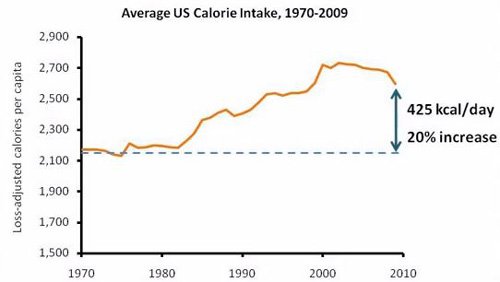
One of the main sources of the added sugar being consumed comes in the form of beverages. Drinks like soda, fruit juice and sports drinks are loaded with sugar which is known to increase your risk of developing metabolic syndrome, heart disease, type two diabetes and other life threatening chronic conditions.
If you think you are beating the sugar problem by drinking sugar free diet soda or artificially sweetened foods (the words “no added sugar” will most likely be present) then unfortunately you are wrong. The artificial sweeteners used by the food industry are often more harmful than refined sugar and high fructose corn syrup.
The chart below illustrates the increase in consumption of sugary drinks by American adults over the past few decades:
Swopping Saturated Fats For Trans Fats
Fats are essential for your body’s absorption of vitamins and minerals, including vitamin A, vitamin D and Vitamin E. They are essential for growth and development in infants and children, too. Fats also protect your body from many harmful hormones and chemicals that are typically released during digestion of carbohydrates. Without them you would absorb these hormones.
Unfortunately society has been doped into believing that animal fats are worse for your health than processed plant based fats. The metabolic effects of these fats is entirely different. Saturated fats such as butter, coconut oil and animal fat may carry more calories than processed plant fats like margarine, but they are also less likely to make you fat or give you heart disease than the artificial chemicals present in processed plant fats.
The truth of the matter is that hydrogenated vegetable oils like corn oil and canola oil are created using a process that creates harmful trans fats, and in many cases the effect on our health are worse when faced with trans fats than they would have been if we had chosen to stick with more traditional forms of fat.
The charts below illustrate the increase in the consumption of fats and the proportionate change from animal fats to plant fats over the past few decades:
Low Fat diets don’t mean you will gain less body fat
Another relatively new health recommendation, along with using plant fats, is to dramatically decrease the amount fat in our diets. The idea that low fat will cause less body fat is misleading and the effects of not consuming enough fat are actually dangerous. The truth is your body is more likely to convert excess sugar and glucose into body fat than anything else. So to eat a low fat yoghurt sweetened by sugar you are defeating the purpose you set out to achieve by eating low fat. The other important thing being overlooked is that as humans we should actually be getting as much as 85% of our daily calorie intake from healthy, unprocessed fats. Fat is essential for your metabolic health and the protection of your system and your internal organs.
“The first dietary guidelines for Americans were published in the year 1977, almost at the exact same time the obesity epidemic started. Of course, this doesn’t prove anything (correlation does not equal causation), but it makes sense that this could be more than just a mere coincidence.
The anti-fat message essentially put the blame on saturated fat and cholesterol (harmless), while giving sugar and refined carbs (very unhealthy) a free pass. Since the guidelines were published, many massive studies have been conducted on the low-fat diet. It is no better at preventing heart disease, obesity or cancer than the standard Western diet, which is as unhealthy as a diet can get.”
It is very difficult for us to “unlearn” these supposed truths that were taught to the current working age generation for our entire lives. But we need to take a fresh look at our diets and those rules guiding them if we hope to have a healthier future.
The chart below illustrate how the guidelines promoting low fat diets have been matched by the instances of obesity in our society.
Americans have altered their fatty acid composition by eating vegetable oil
One of the side effects of the increased consumption of processed vegetable oil has been a change in our internal composition. These oils are loaded with omega 6 oils and are lacking in omega 3 oils. The result is that instead of an ideal 1:1 ratio of omega oils, we are now outnumbered with up to 1:50 Omega 3 to Omega 6 oils. This results in health issues such as cancer, heart disease, cardiovascular disease, depression, cancer, diabetes, Alzheimer’s and rheumatoid arthritis.
The only way to correct this balance is to dramatically reduce your intake of trans fats and processed foods and dramatically increase your omega 3 fats such as fish oil.
The Dangers of alternate oils such as soybean oil
Most soy is genetically modified and contains highly toxic herbicides. If you do manage to find genuine organic soy you still run the risk that it has been hydrogenated. Hydrogenated Soybean oil is one of the major contributors to the average daily calorie intake of adult Americans. Hydrogenated soybean oil contains trans-fat, which as we know are very harmful to our health. the other issue is that many people are actually intolerant to or allergic to soy. Most of the time we don’t even realise that the “vegetable oil” listed in the foods we eat is soybean oil.
The Chart below illustrates the rise in the use of Soybean oil over the last few decades:
Eggs have a bad reputation but we actually need them
Eggs are another food, like animal fats, that have dropped in popularity after getting bad press. The consumption of eggs has dropped dramatically over the last few decades. But the truth is they are not as bad as we think they are. In fact – eggs play an important role in a healthy diet. As it turns out, dietary cholesterol has little to do with the cholesterol levels in our bodies.
Free range eggs are highly nutritious (much more so than commercially raised eggs) and these nutrient levels are of huge value to our bodies as part of a healthful diet. They contain high levels of vitamin A, Omega 3 fatty acids, vitamin E and beta-carotene. So there is definitely something to be said for the days of keeping a few chickens in the back yard!
A good free range egg should have a firm, dark yellow or orange coloured yolk and fairly firm egg white that doesn’t run like water.
The Chart below shows the decline in egg consumption over the past few decades:
Overkill on Processed foods
Roughly 90% of the cash spent on food by Americans is spent on processed foods and fast foods, as well as foods not cooked at home (restaurants). One of the reasons for this is that the prices of these foods is often more economical than they have ever been before. The result is that more and more people are relying on them as their major food source. What the effect of this is, is more cases of diabetes, obesity and all manner of other diet related health issues.
The table below illustrates how average American households spend on food:
Take Responsibility for your Health
The long and short of it is that if you want to live a long and healthy life you are going to have to be willing to get actively involved in what you eat. You can’t expect an industry to have your best interests at heart if their purpose is to sell you as much as possible at as great a profit as they can.
Be prepared to spend time cooking real, fresh and unprocessed food at home.
Avoid sugar and trans-fats. Sugar and corn syrup are two of the biggest culprits when it comes to poor health. Trans-fats are just as bad. Try to avoid eating them on a daily basis and get to a point where things like cake are reserved for birthdays.
Read the ingredients listed on the packet (and avoid pre-packaged foods as far as you can). There are laws ensuring that ingredients be listed on packaging. These are there so that you can make informed choices about what you eat. Read them. If you don’t know what the ingredients are – find out. There are many wonderful sites like Diet Sage whose purpose is to help you live a healthier life.
Educate yourself. At the then of the day it is down to you to protect yourself and those who depend on you, like your children. Take responsibility for your body and it will serve you well.
Now that you learned about the shortcomings of your diet, watch how these 5 superfoods can give additional boost to your health and even melt away your pain –
About the Author:
Emma Deangela is the best selling author of The Alkaline Diet Program and 80/20 Fat Loss. She has helped over tens of thousands of men and women to lose weight and transform their health with sound nutrition advice.
Does your blood unhealthy? Click here to find out how to heal your blood.
Which wonderful friends in your life would appreciate this information about these tips on summer cancer food to avoid?
Please help them by sharing this eye-opening article with each of them using any of the social media and email buttons below.

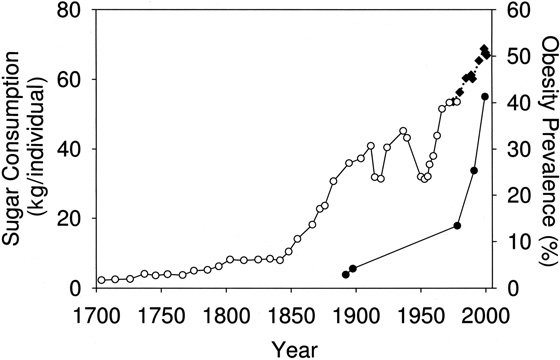
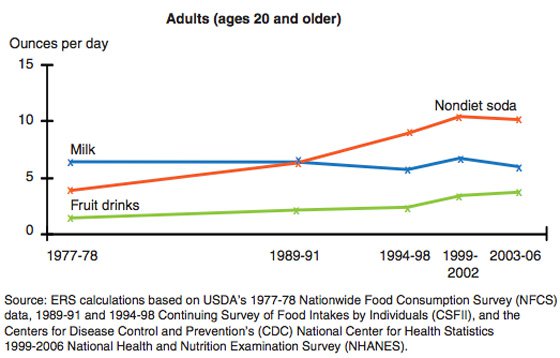
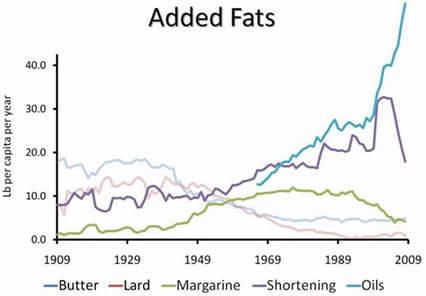
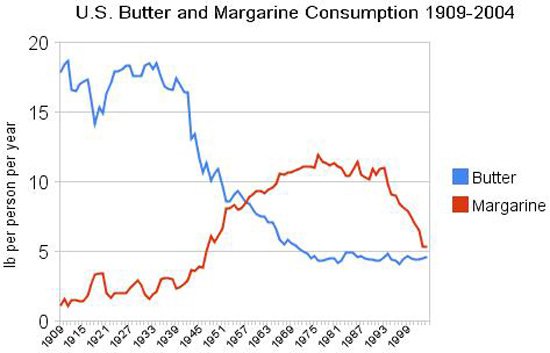
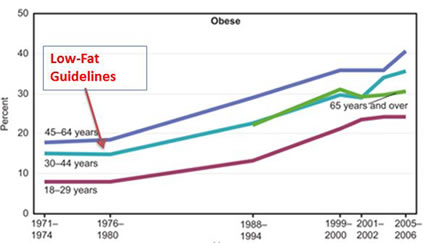
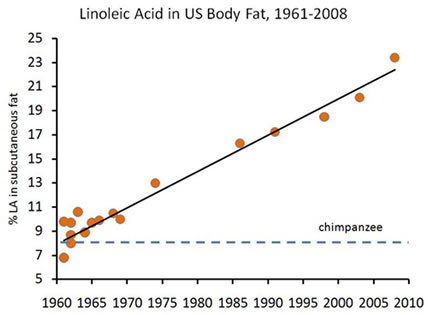
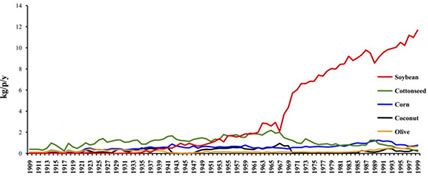
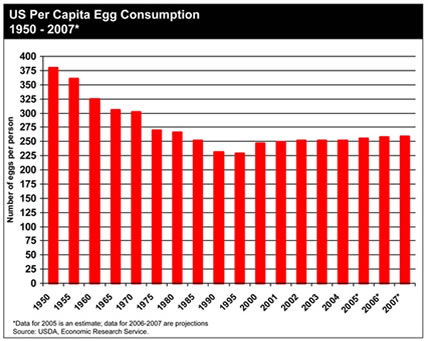
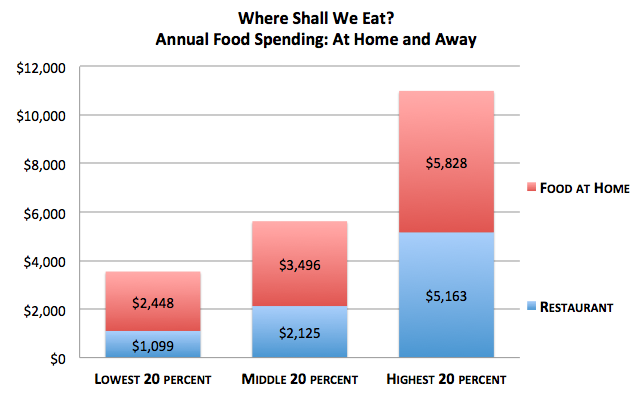
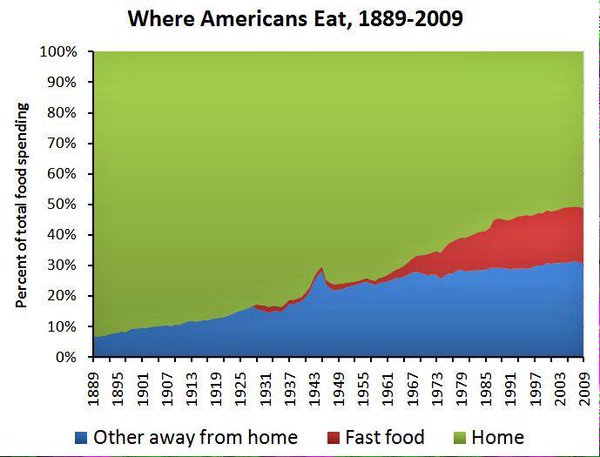

Leave a Reply